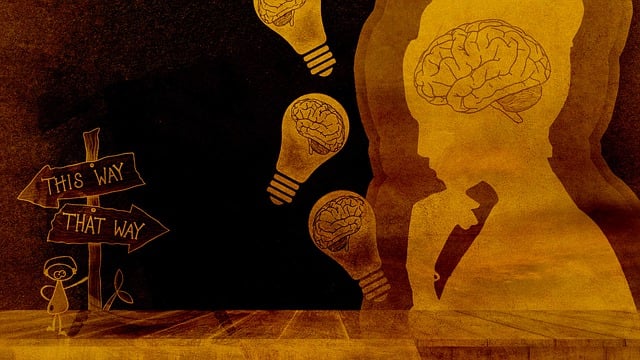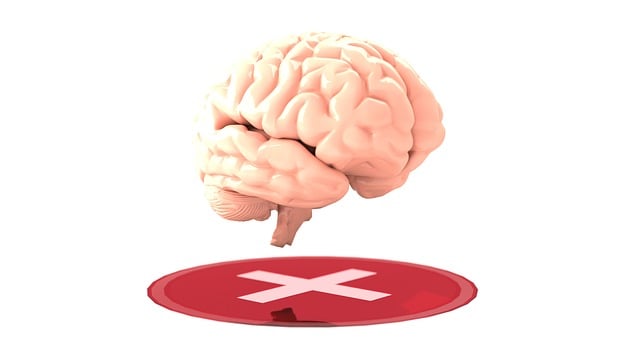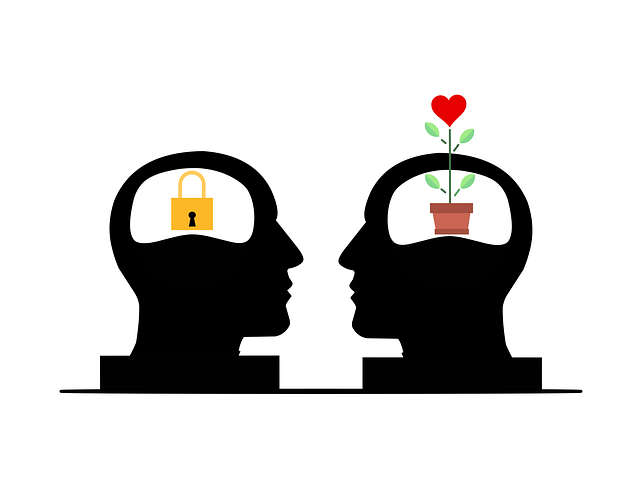Longmont Children Therapy offers specialized social skills training for children and adolescents with mental health conditions like anxiety, depression, or ASD. Their evidence-based programs, combining interactive games, role-playing, and group discussions, focus on building confidence in social situations, teaching emotional expression, conflict resolution, empathy, and resilience. This holistic approach not only enhances their social connections but also promotes positive mental health outcomes, empowering young individuals to manage their journeys effectively.
Social skills training is a powerful tool in supporting individuals with mental health conditions, especially children. This article explores how structured programs can enhance social interactions, foster better communication, and build resilience. We delve into the impact of mental health on social development, its significance in therapy, and evidence-based techniques proven effective.
Through case studies, including Longmont Children’s Therapy, we highlight successful approaches tailored to diverse needs, offering valuable insights for professionals and families alike.
- Understanding the Impact of Mental Health Conditions on Social Interactions
- The Role of Social Skills Training in Children's Therapy
- Identifying Core Social Skills to Focus On
- Implementing Evidence-Based Techniques for Effective Training
- Longmont Children's Therapy: A Case Study and Success Stories
Understanding the Impact of Mental Health Conditions on Social Interactions

Mental health conditions can significantly impact an individual’s ability to engage in social interactions, often leading to feelings of isolation and loneliness. Conditions such as anxiety disorders, depression, or autism spectrum disorder (ASD) may cause individuals to struggle with communication, emotional regulation, and understanding social cues. These challenges can make social settings intimidating and stressful, impacting one’s overall well-being.
At Longmont Children Therapy, we recognize the vital role that social skills play in recovery and overall mental health. Our specialized programs aim to empower children and adolescents with the necessary tools to navigate social situations confidently. By incorporating evidence-based practices and burnout prevention strategies for healthcare providers, our community outreach program implementation focuses on resilience building. We believe that fostering strong social connections is essential for breaking down barriers and promoting positive mental health outcomes.
The Role of Social Skills Training in Children's Therapy

Social Skills Training plays a pivotal role in Children’s Therapy, offering a structured approach to enhance interaction and communication abilities. This type of training is particularly beneficial for kids dealing with mental health conditions, as it provides them with the tools to navigate social situations with confidence. At Longmont Children Therapy, our specialized programs are designed to foster compassion cultivation practices, encouraging empathy and understanding among peers.
Through interactive games, role-playing scenarios, and group discussions, we implement Mental Health Education Programs that teach children how to express their feelings, manage conflicts, and build lasting friendships. By boosting their self-esteem and confidence, these training sessions empower young individuals to become more engaged in social activities, leading to improved overall mental well-being.
Identifying Core Social Skills to Focus On

When it comes to social skills training for mental health conditions, particularly for younger individuals seeking support at Longmont Children Therapy, identifying the core skills to focus on is paramount. These skills often go beyond mere communication; they encompass a range of behaviors that facilitate meaningful connections and healthy relationships. For instance, teaching children and adolescents empathy, active listening, and non-verbal cues can significantly enhance their ability to navigate social situations with confidence and understanding.
Building resilience through strong social skills is crucial for depression prevention and inner strength development. By focusing on these fundamental areas, therapists at Longmont Children Therapy empower individuals to build lasting relationships, boost self-esteem, and foster a sense of belonging—all of which are essential components of mental well-being. Tailoring the training to address specific challenges associated with various mental health conditions ensures that the interventions are both effective and contextually relevant.
Implementing Evidence-Based Techniques for Effective Training

Implementing evidence-based techniques is paramount when offering Social Skills Training for mental health conditions at Longmont Children Therapy. These strategies, backed by rigorous research, ensure that every session is structured to foster meaningful connections and positive interactions. By incorporating techniques from applied behavior analysis (ABA), cognitive behavioral therapy (CBT), and other effective approaches, our therapists create a safe learning environment tailored to each individual’s unique needs.
In addition to direct skill-building exercises, we emphasize the importance of integrating self-care routine development for better mental health alongside risk management planning for mental health professionals. This holistic approach not only enhances social competencies but also equips individuals with tools to navigate their mental health journeys effectively, ultimately improving their overall well-being.
Longmont Children's Therapy: A Case Study and Success Stories

Longmont Children’s Therapy stands as a beacon of hope and healing in the field of mental health support for young individuals. This therapeutic haven has been instrumental in shaping positive outcomes for children grappling with various mental health conditions, offering specialized Social Skills Training that empowers them to navigate social interactions with confidence and resilience.
Through its innovative programs, Longmont Children’s Therapy focuses on teaching essential social skills, conflict resolution techniques, and stigma reduction efforts, all tailored to meet the unique needs of each child. Their dedicated team of mental health professionals utilizes evidence-based practices, coupled with a nurturing environment, to foster growth and improve risk management planning for vulnerable youth. Success stories abound, with many former clients sharing their transformations from anxious and isolated individuals to socially adept and mentally robust young adults, all thanks to the transformative power of Longmont Children’s Therapy.
Social skills training is a powerful tool in addressing mental health conditions, particularly in children. By understanding the impact of these conditions on social interactions and focusing on core skills, therapists can employ evidence-based techniques to facilitate meaningful connections. The case study of Longmont Children’s Therapy highlights the success of tailored social skills programs, offering hope for improved outcomes and a brighter future for those navigating mental health challenges.














